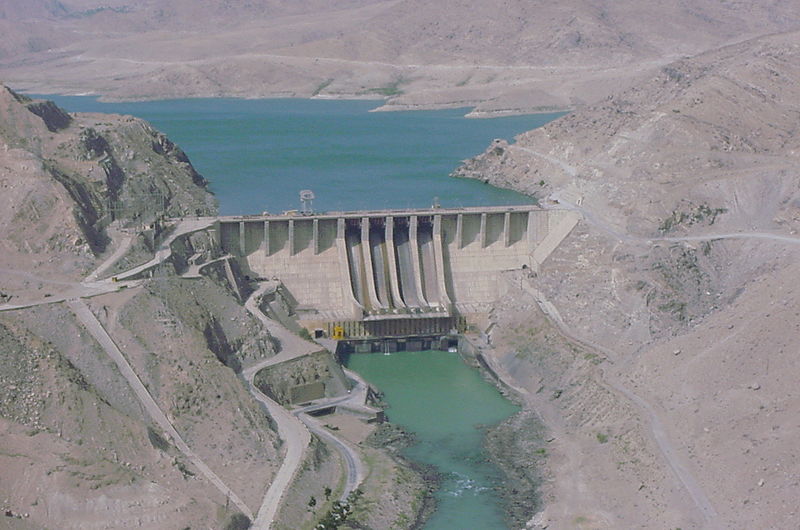Editorial: Water crisis looms
admin
May 9, 2018
Editorial, Latest Updates
208 Views
The outlook of Afghanistan’s water crisis is not good in the midst of a derelict water infrastructure and weak water management doctrine in Afghanistan and constant bullying of Iran to secure a bigger share of the country’s waters. Decades of war have decimated much of the country. The water infrastructure has been overwhelmingly destroyed. Beside war, geographical constrains and foreign manipulations also add to the problem.
Afghanistan’s main river basins pour north to central Asia, east to Pakistan or west to Iran. Pakistan and Iran have spent billions in recent decades building dams and reservoirs to store water for consumption and power production. It is while Afghanistan is already wrestling with acute drought which has stricken most of the land-locked country. Last season barely saw sufficient quantity of snowfall and rainfall and the monsoon season has hardly had the expected intensity of precipitation. Drought is devouring the north, with dangerous impacts seen on the Helmand River.
It is our irrefutable right to access to a fair share of our waters. Afghanistan’s water needs precede that of others as the drought-stricken country is already in dire need and desperation.
Based on a treaty entered into between Kabul and Tehran in 1972, Afghanistan should give Iran 26 cubic meters of water per second from Helmand River in non-crisis situations. But, when drought strikes, Afghanistan has the right – the treaty dictates – to restrict the outpouring of water to Iran.
Any restriction on water outflow to Iran is a nightmare for Tehran as Kabul is deliberating an ambitious plan to build dams along its river. Considering the fact that most of the Helmand River water pours into Iran’s barren and dry east, which is facing acute water scarcity, a curb on water outpourings could be devastating for Iran. This perceived threat has tempted Tehran to put pressure on Kabul to give up its water dam plans. Iranian president and foreign minister have warned Afghanistan on several occasions, underscoring Iran’s deliberate effort to sabotage Afghanistan’s grand projects.
Self-reliance in the sphere of power production reasonably may seem unreachable, but minimal dependence on electricity imports is inevitable, so is an economic overhaul. If Afghanistan has the capability to use its waters.
The capability of Kabul of utilizing its waters lies in two conditions; deterministic post-war infrastructure restoration and long-term efficient water management; and diplomatic supremacy and profound countermeasures to Tehran’s offensive maneuverings. We need a robust water management system as much as we need water. Hydropower generation and agricultural irrigation will are at their lowest now could potentially improve if we retain a full control on our waters.
The advantages of robust water system seem to outweigh those of any counter-productive diplomacy. It could resuscitate an ailing economy which is largely dependent on agriculture. Moreover, the backbreaking burden of power import costs will be reduced to minimum.
The disadvantages of weak water management could impinge severe impact upon the economy. Afghanistan has a population of 29 million, with 79% of the population living in rural areas and mostly relies on farming. Northern Afghanistan is suffering from water scarcity and the ensuing drought has inserted collateral damage on farming. We could use moreover, power production is increasingly low and dependence on electricity imports from neighbors is drastically high. Building dams along rivers can enormously help deal with an increasing dependence on the Central Asia electricity.


